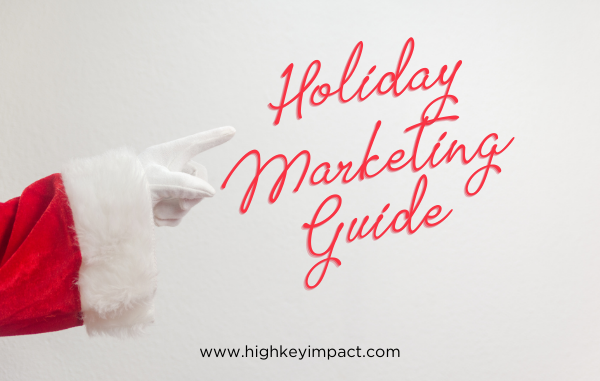Digital Marketing Essentials for Small Business
As a small business owner, you’re constantly wondering: “How do I get my business found online?” The good news is that Google offers a suite of free tools that can dramatically improve your online visibility.
The challenge? Most small business owners are unaware of Digital Marketing Essentials for Small Business and how to use them effectively.
Let me walk you through the essential digital marketing tools that can transform your small business’s digital presence without breaking your budget.
Google Business Profile: Your Digital Storefront
Google My Business was recently renamed to Google Business Profile, and it’s become even more powerful.
This free tool is critical for local businesses.
Set up your profile completely with your logo, cover photo, business hours, contact information, and plenty of high-quality images.
The more complete your profile, the better you’ll rank in local searches.
Pro tip: One of the key changes in 2025 is the increasing reliance on Google Business Profile as a primary source of information for customers. Don’t just set it up and forget it. Regular updates and posts keep your profile active and engaging.
Google Analytics: Understanding Your Website Traffic
You have a website, but is it working? Google Analytics is your answer. This free tool shows you who’s visiting your site, how they found you, and what they do once they arrive.
Ask your web developer to install the tracking code, then focus on the metrics that matter most to your business.
Are people finding your contact page?
Are they spending time reading about your services?
This data tells the real story of your online performance.
Google Search Console: Your SEO Command Center
Keywords aren’t just something you set once and forget.
Your business evolves, your services change, and your keywords should too.
Google Search Console shows you which search terms are bringing people to your site and helps you identify opportunities to improve your rankings.
Schedule monthly check-ins to review your keyword performance and adjust your content strategy accordingly.
Google Maps: Making Sure You’re Findable
Test the Google map for yourself.
Search for your business from different locations and see what happens. Can customers easily find directions to your area?
Is your address accurate? Google Maps integration with your Business Profile is crucial for local customers who need to see you physically.
Customer Reviews: Your Digital Reputation
Google rewards businesses with genuine, positive reviews. Don’t be shy about asking satisfied customers to leave a review. Send a follow-up email after a successful project with a direct link to your review page, or ask in person. The key is making it as easy as possible for happy customers to share their experience.
YouTube: Video Marketing Made Simple
Video content is no longer optional – it’s expected. Create a business YouTube channel linked to your Google Business Profile. You don’t need expensive equipment to start. Share behind-the-scenes content, customer testimonials, or quick tips related to your industry. Consistent, authentic video content builds trust and helps potential customers get to know you before they even call. Share those videos on social platforms, including TikTok and Instagram Reels.
What’s Changed over the past 5+ Years?
The most significant shift has been Google’s focus on user experience and local search. The tools are more integrated now, and Google rewards businesses that maintain active, complete profiles across all platforms. Social media platforms like Google+ that were recommended in the past have been discontinued, but the core principle remains: be where your customers are looking for you.
The reality is that these tools work best when used together as an integrated system. Your Google Business Profile feeds into Maps, your YouTube videos can appear in search results, and your Analytics data helps you understand what’s working.
Don’t try to tackle everything at once. Start with your Google Business Profile, ensure your Analytics is set up correctly, and then gradually add the other pieces. The investment in time upfront pays dividends in customer discovery down the road.
What matters most is consistency with Digital Marketing Essentials for Small Business.
Regular updates, authentic engagement, and complete information across all platforms will set you apart from competitors who treat these tools as afterthoughts.
Cheryl Friedenberg cheryl@highkeyimpact.com, www.highkeyimpact.com



